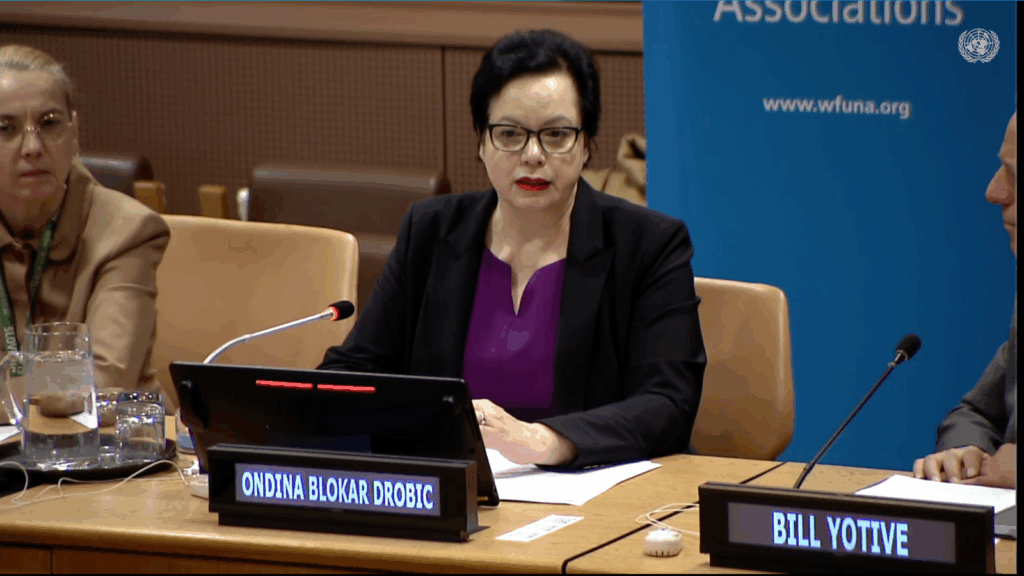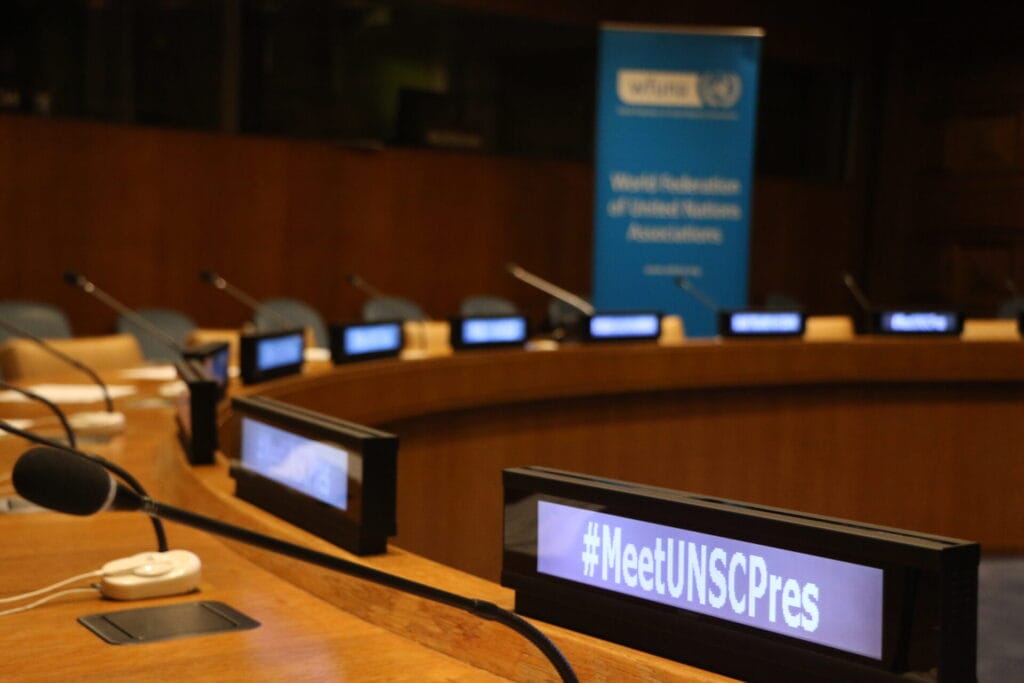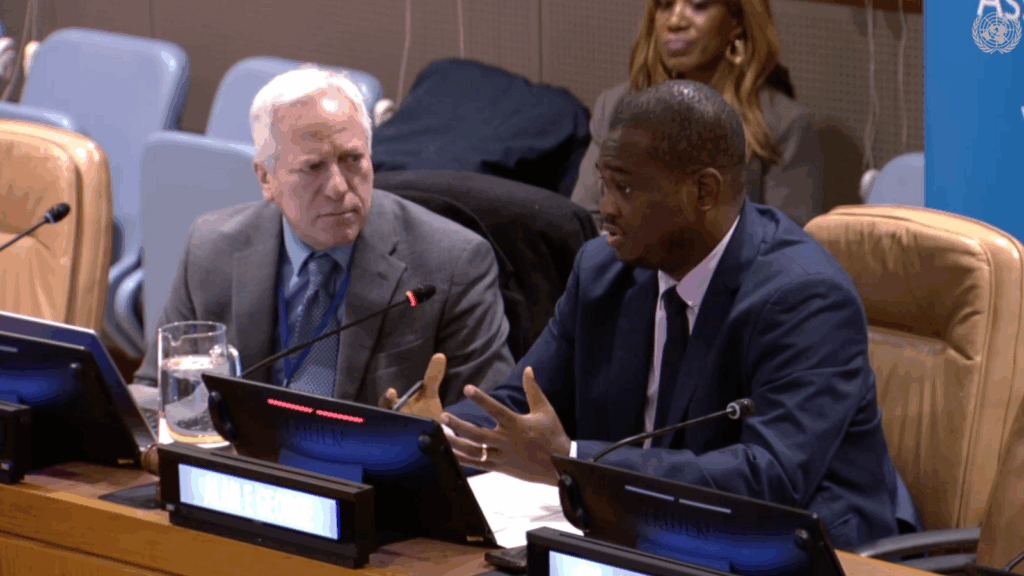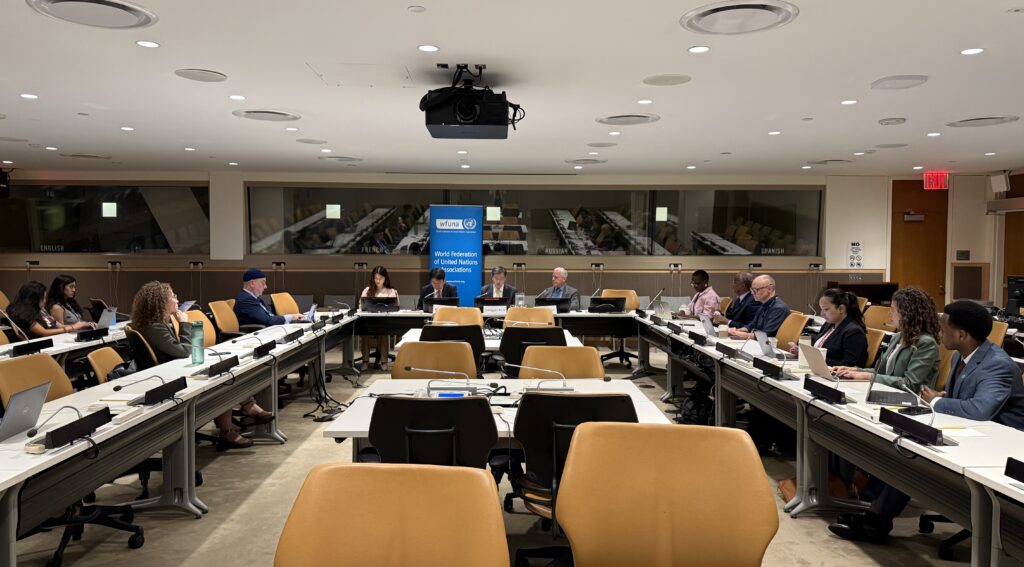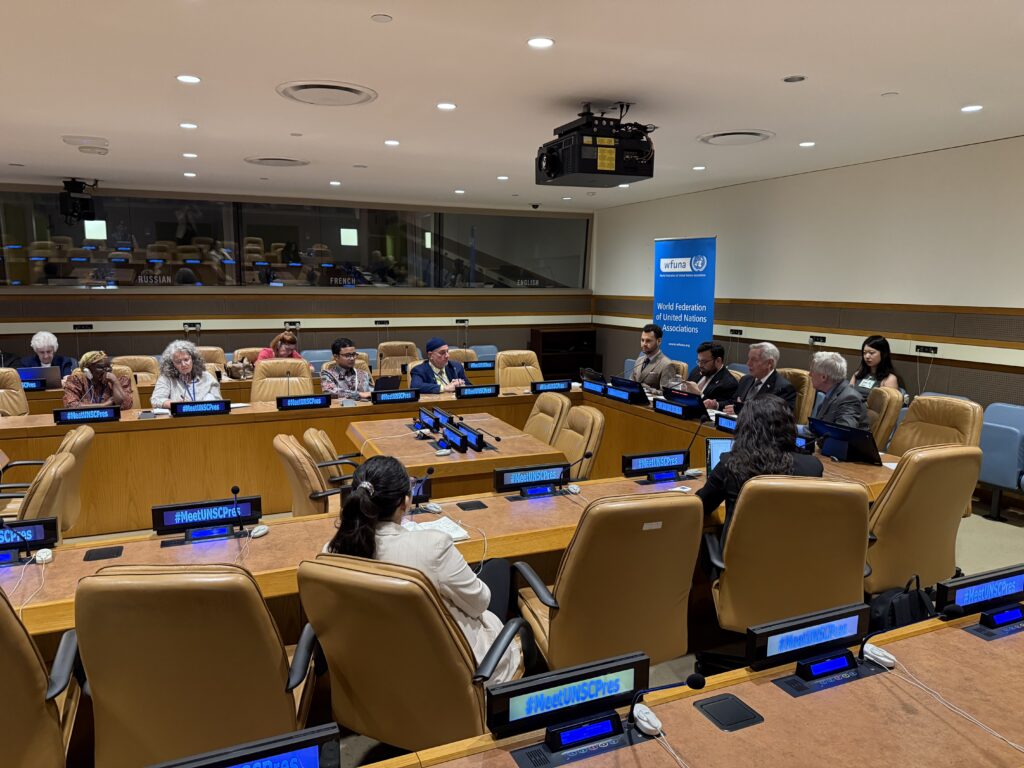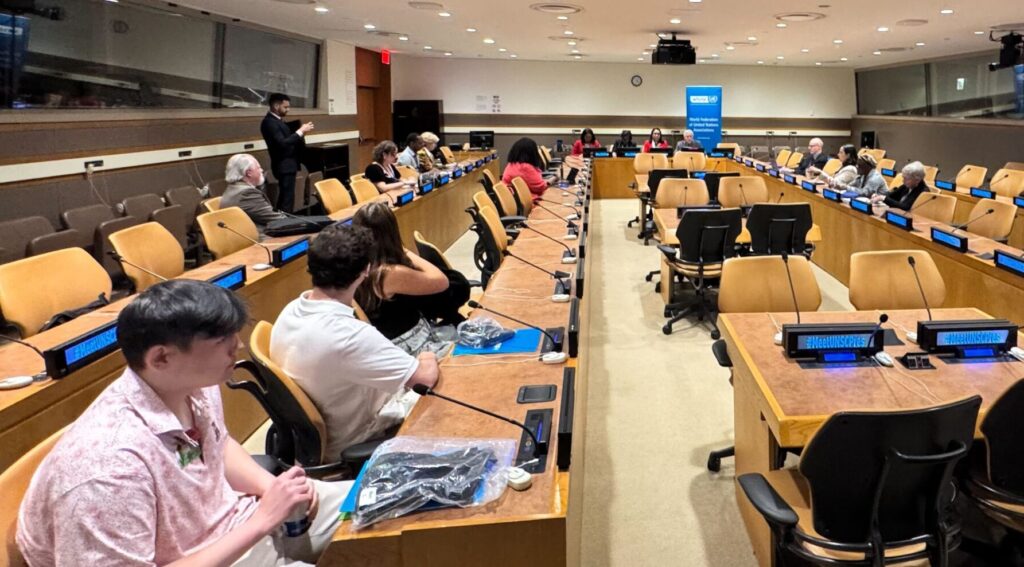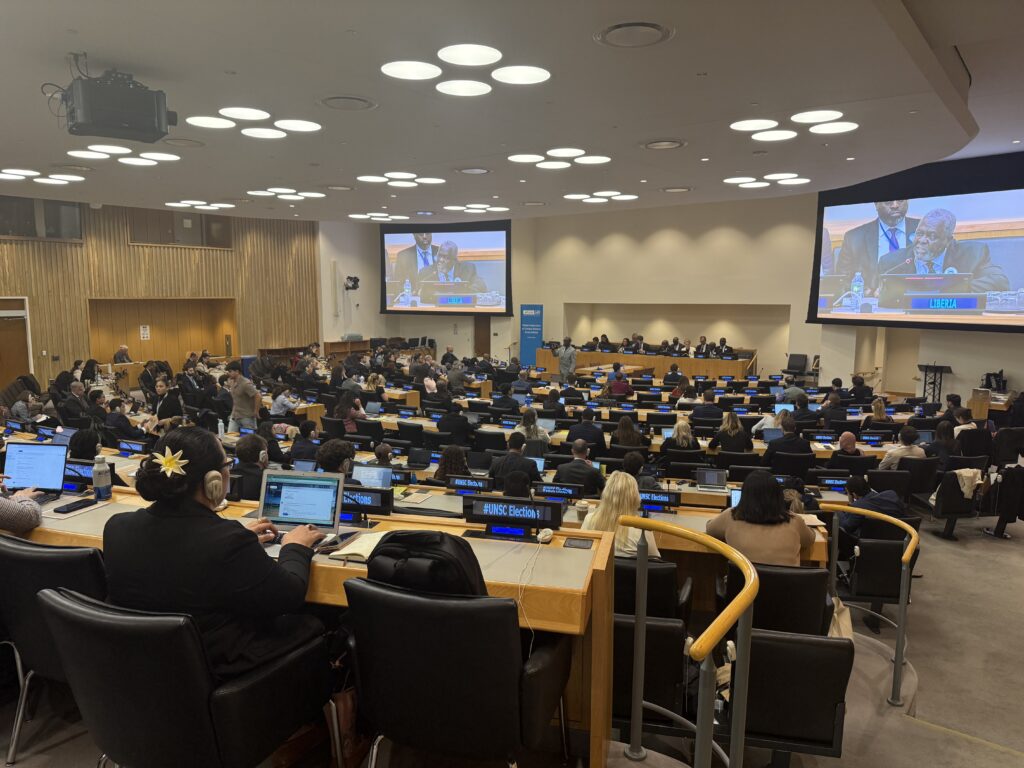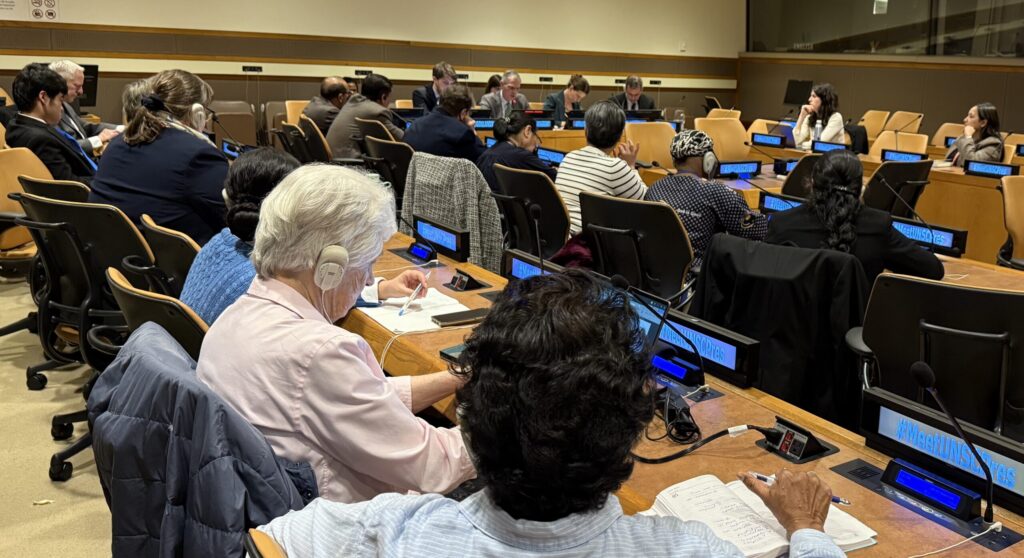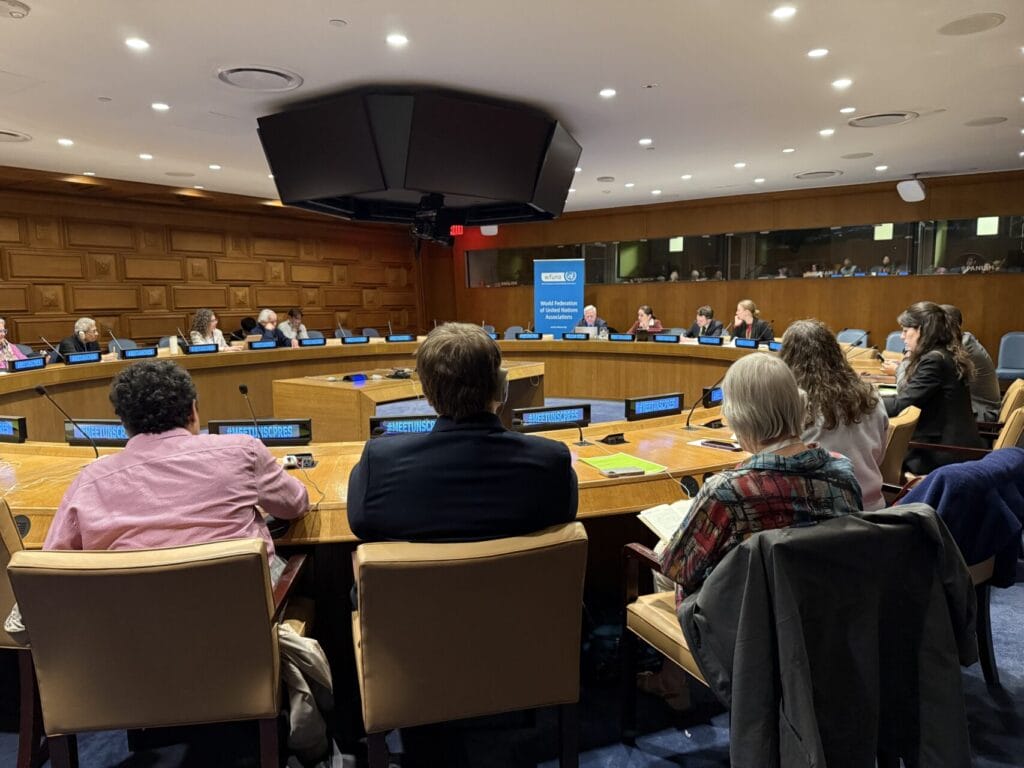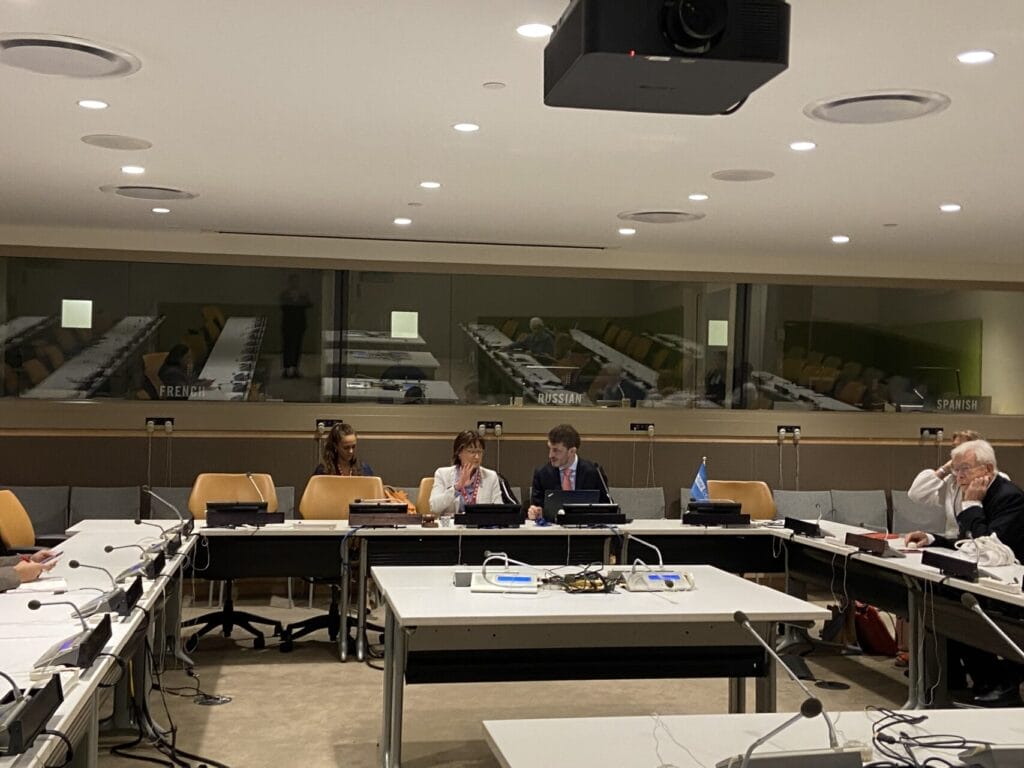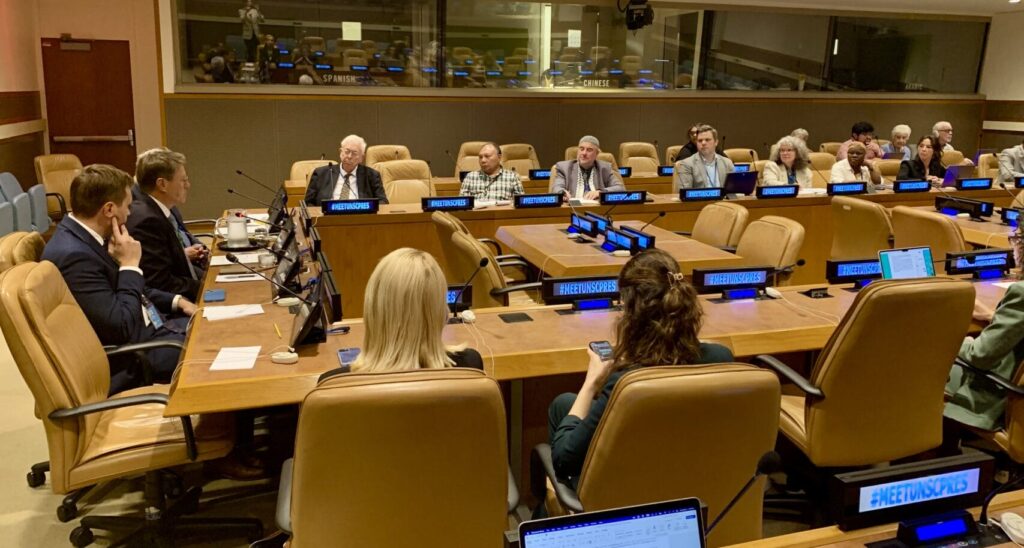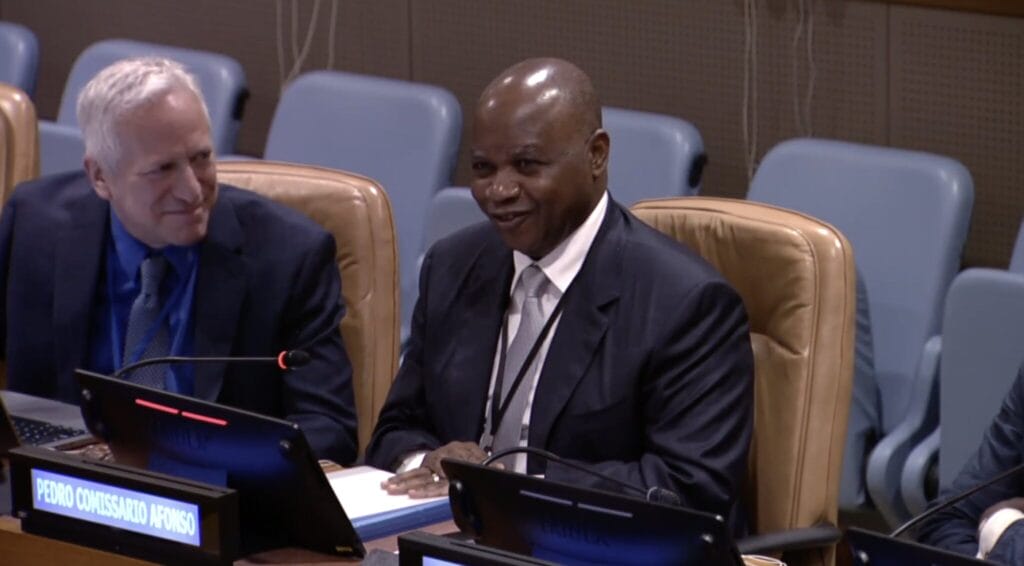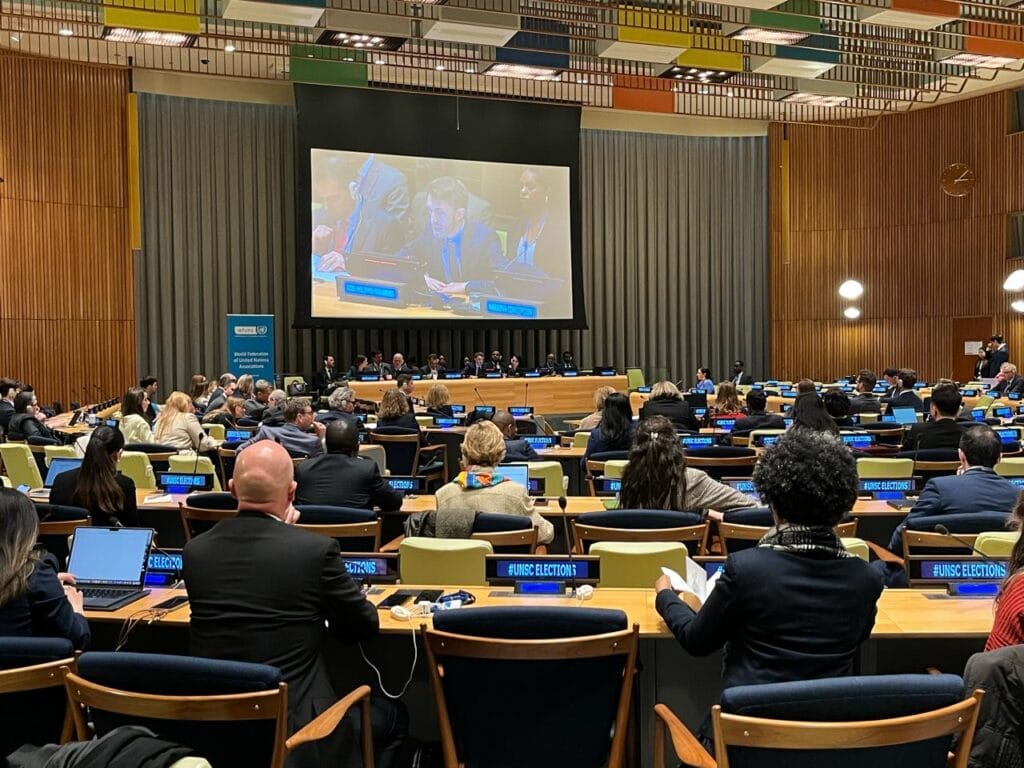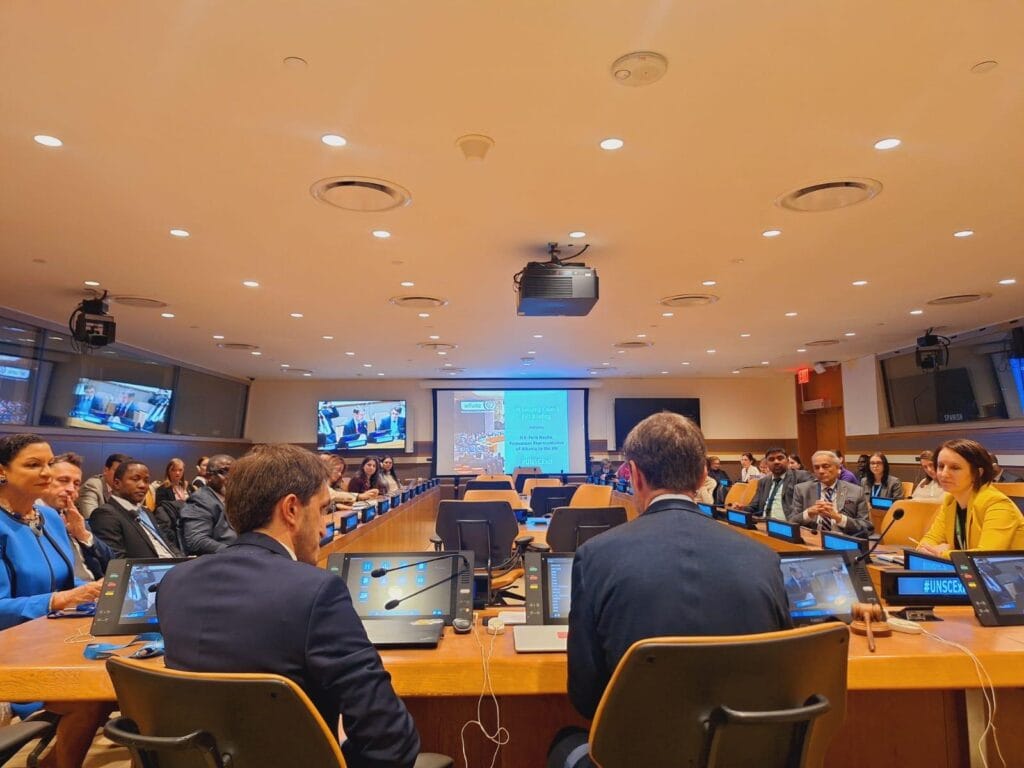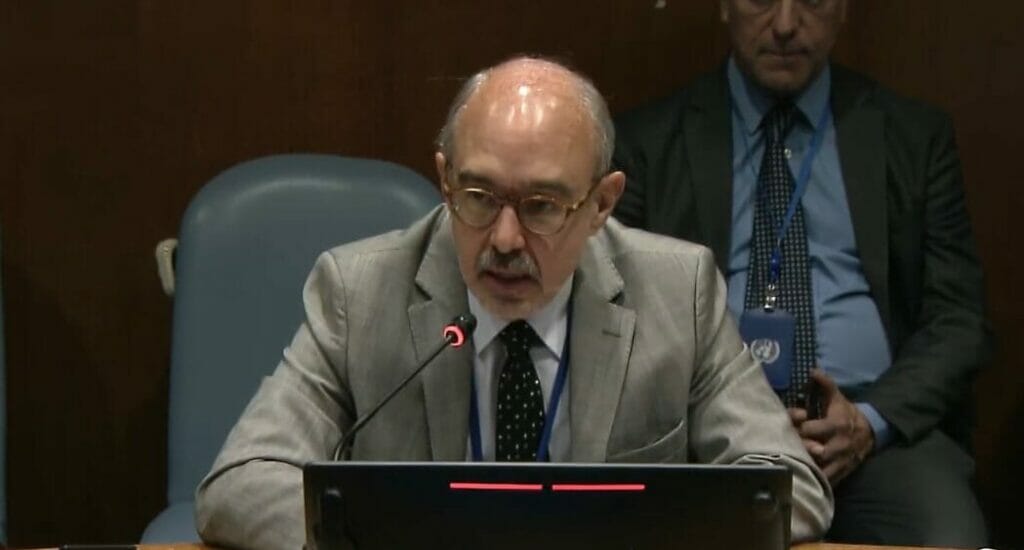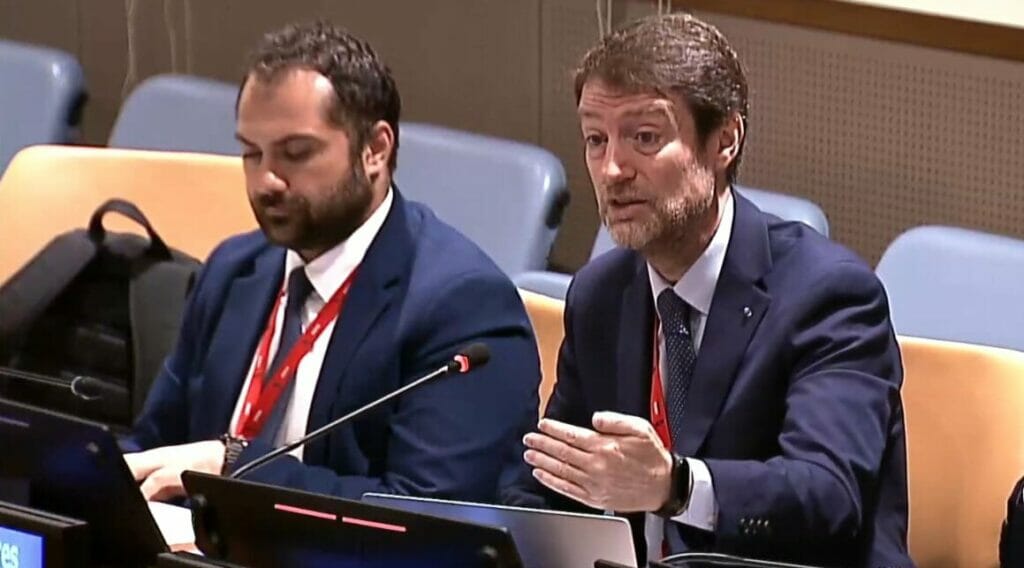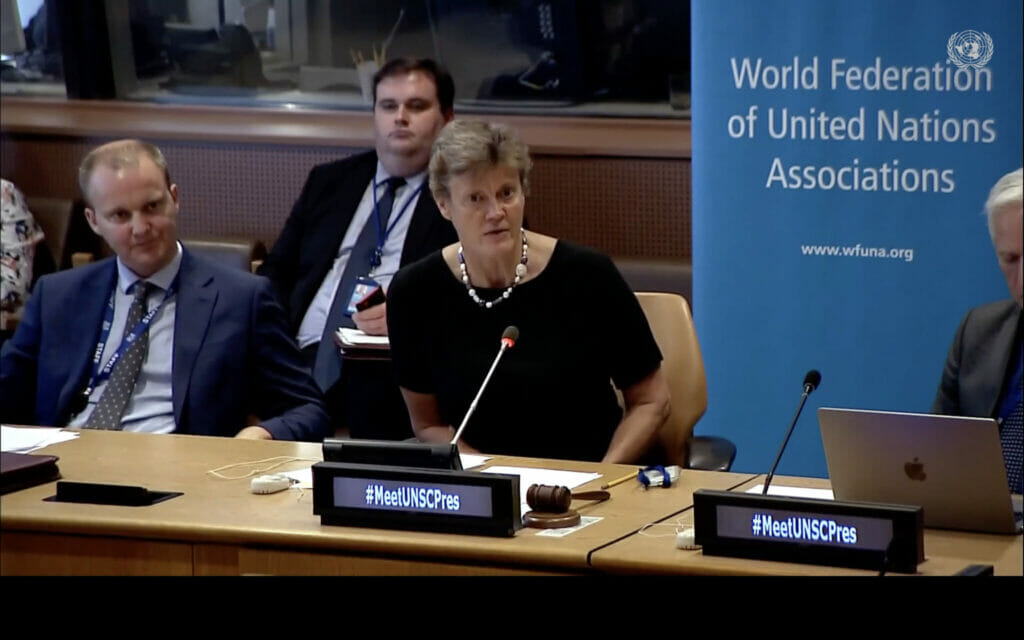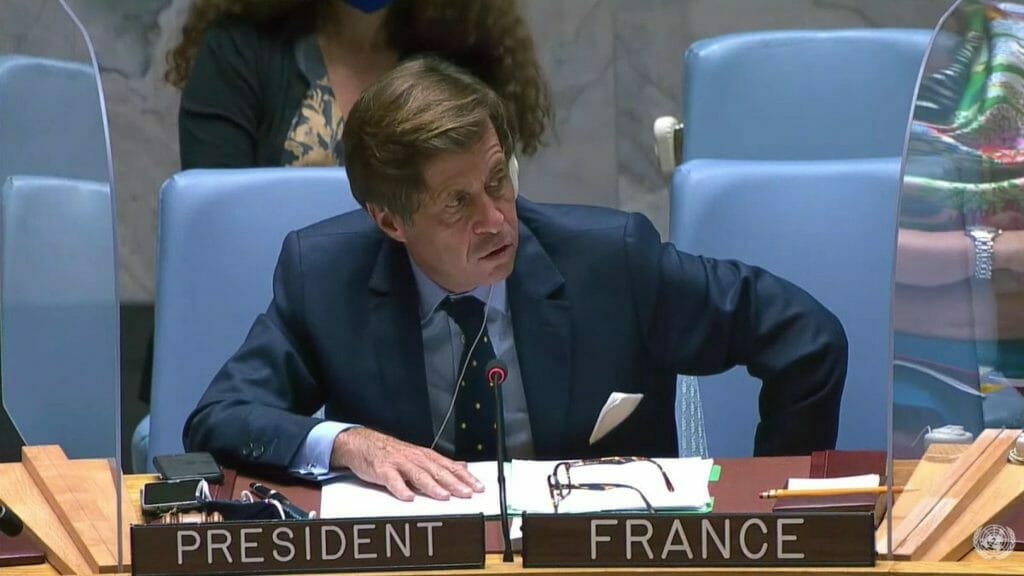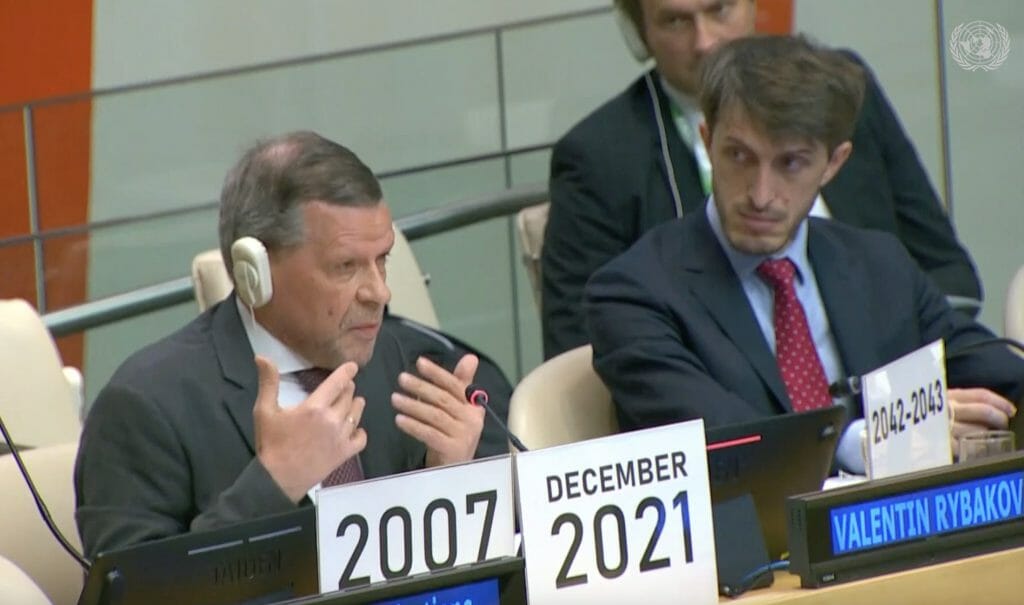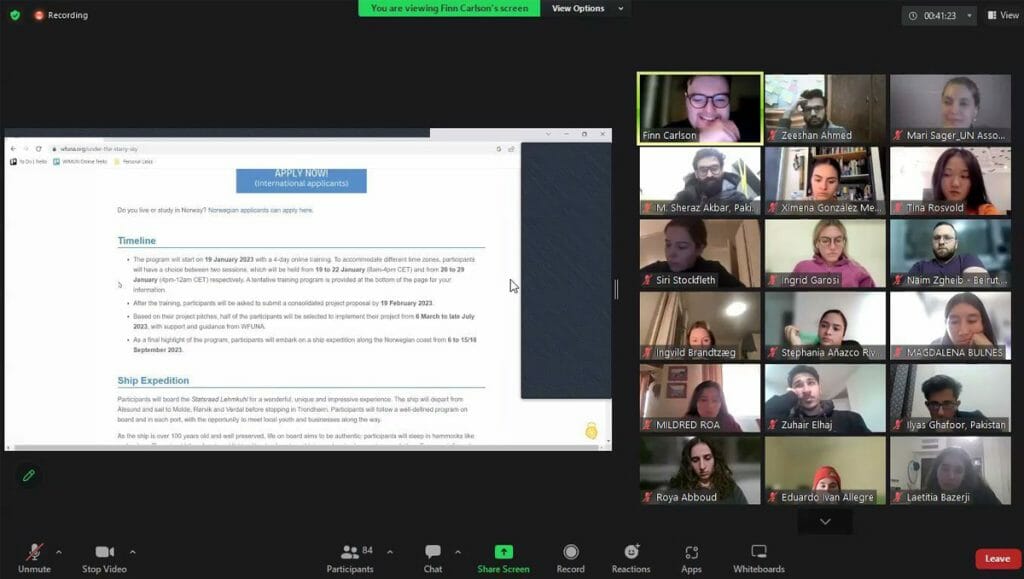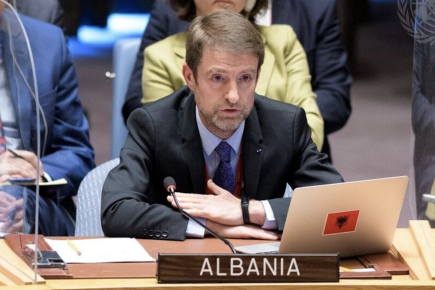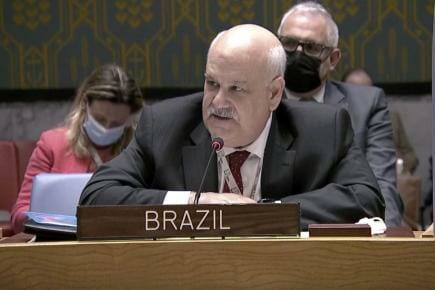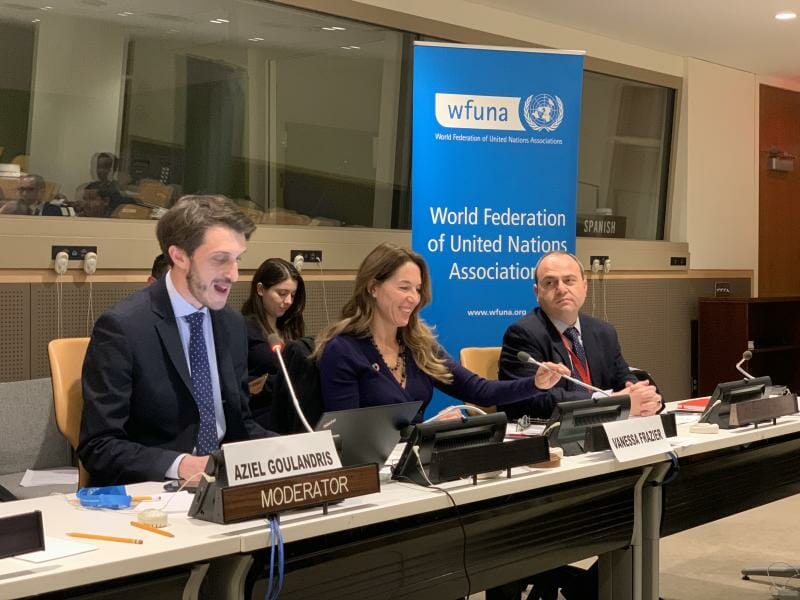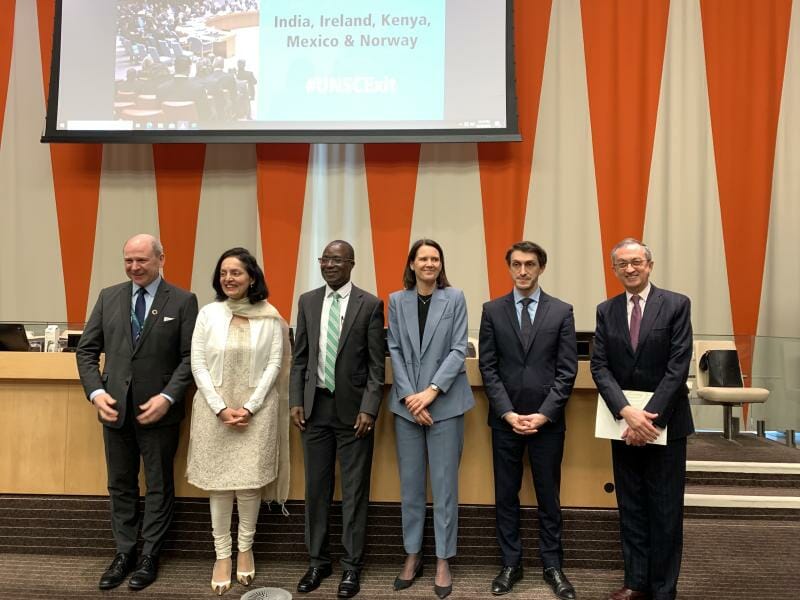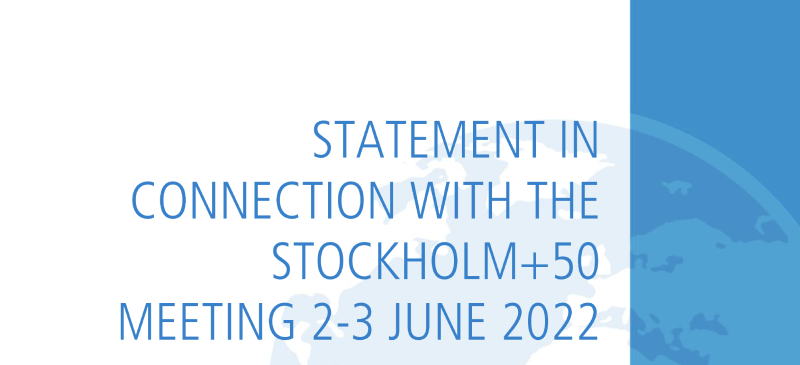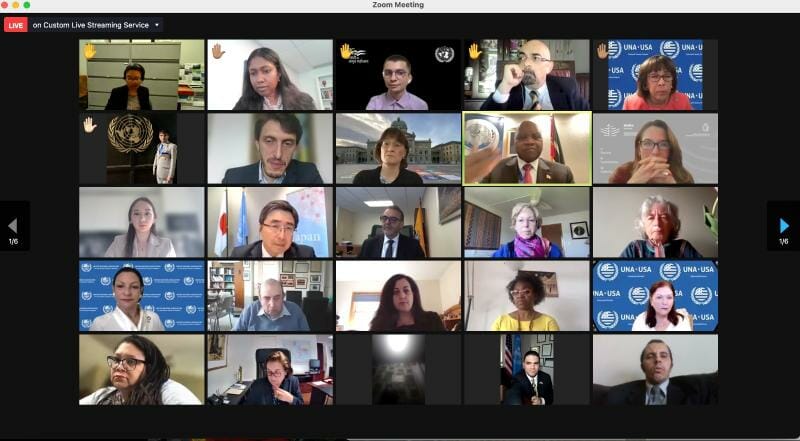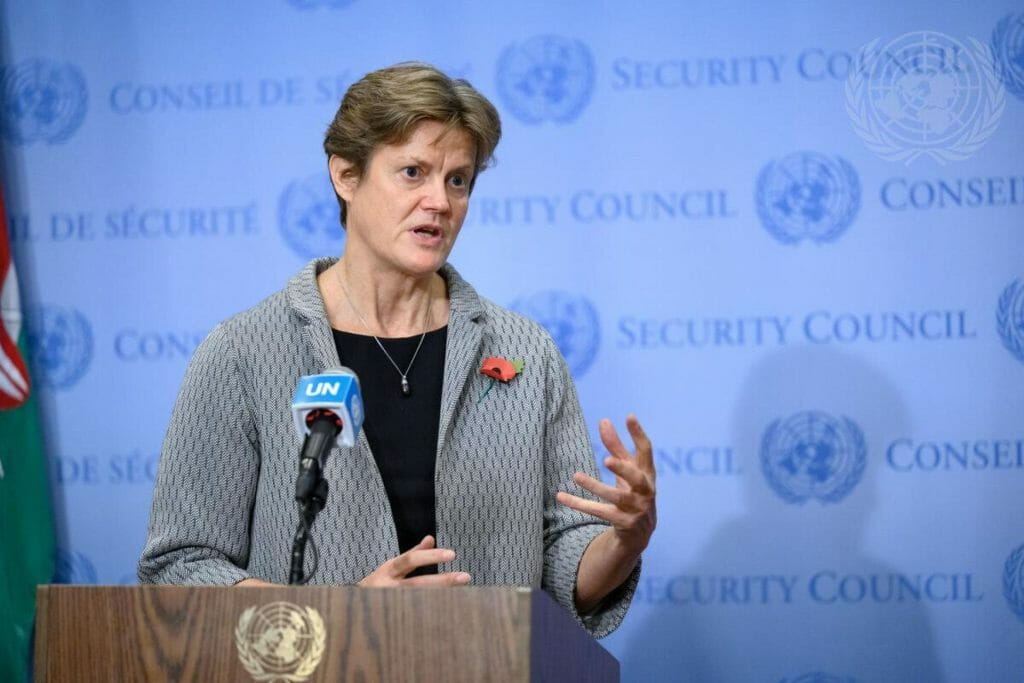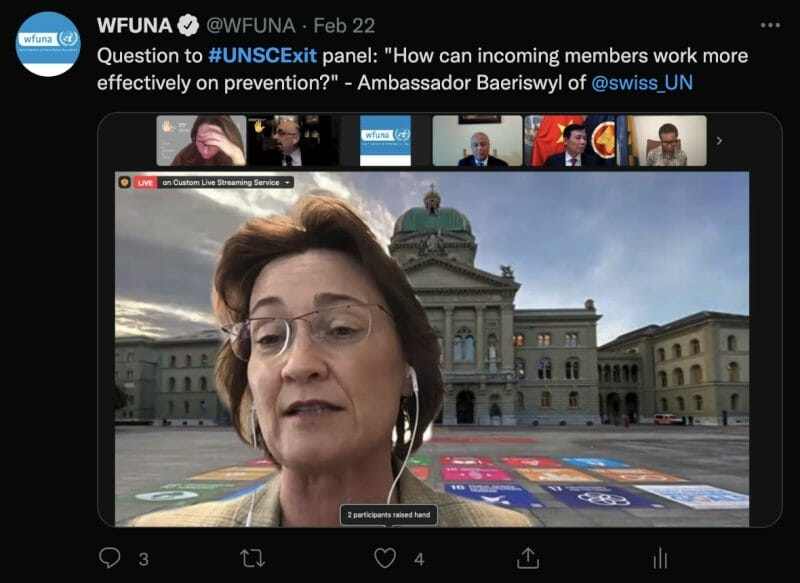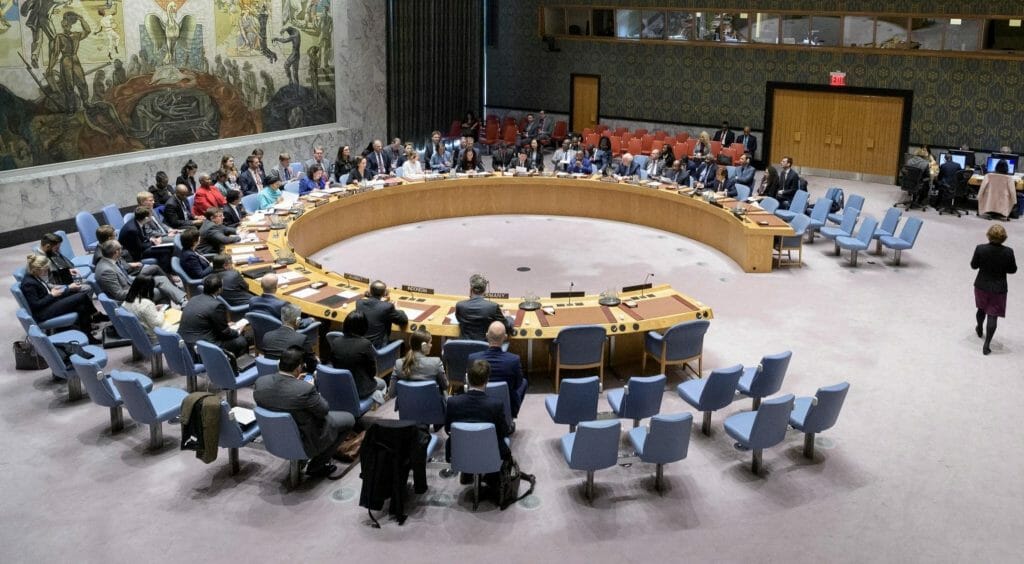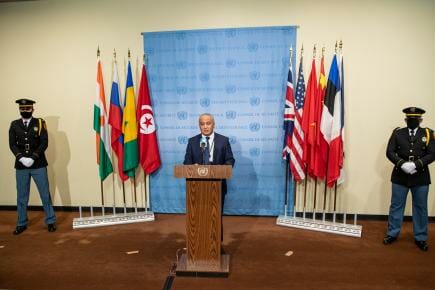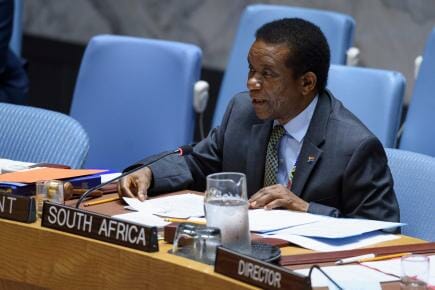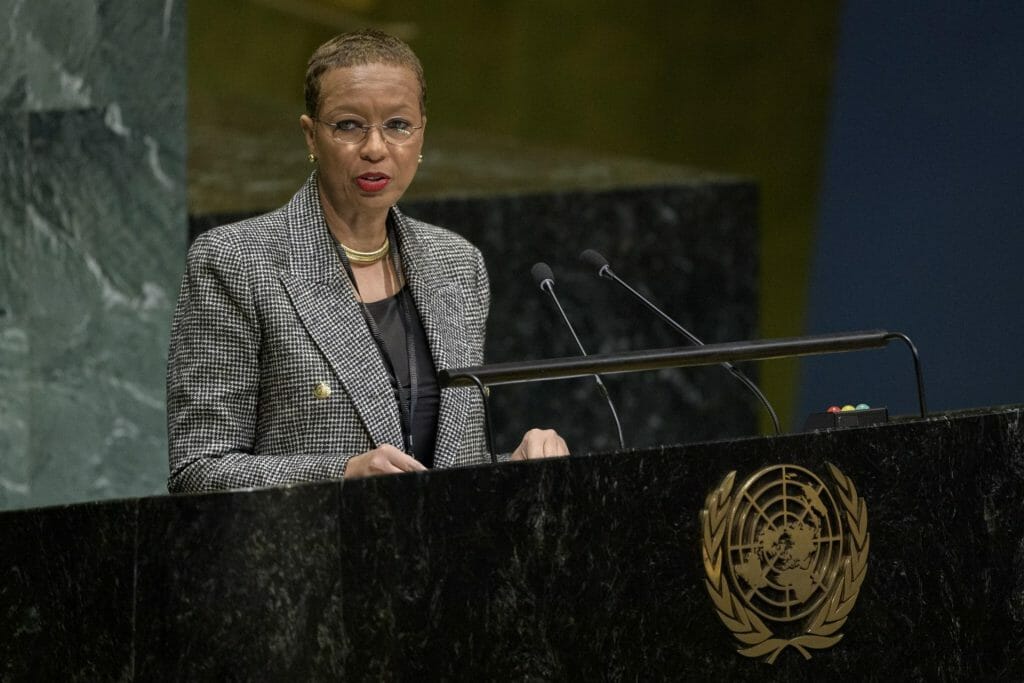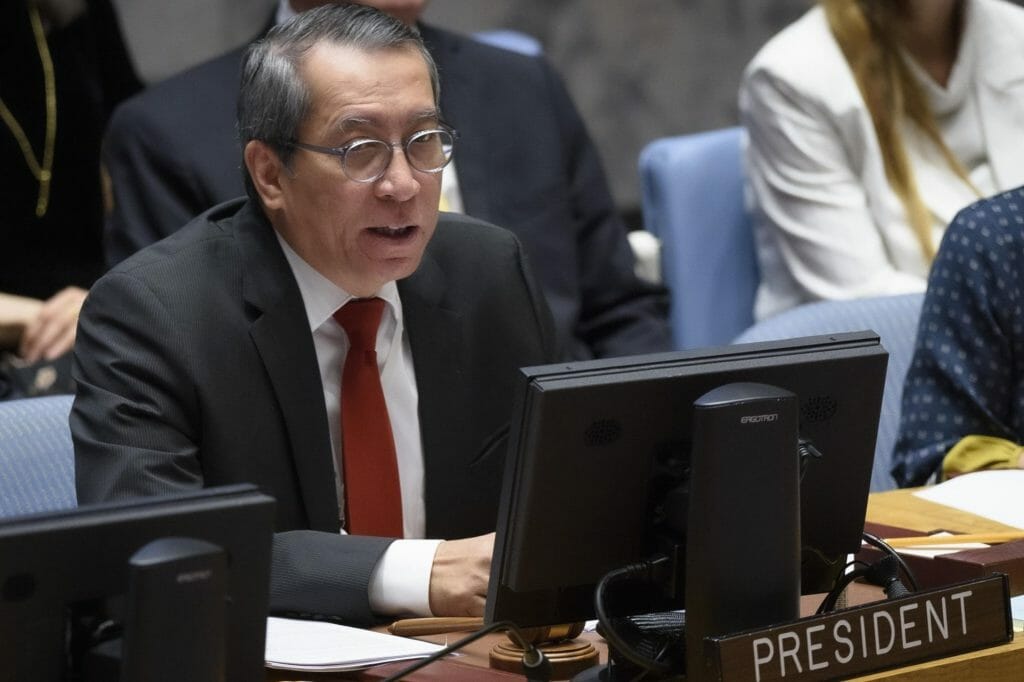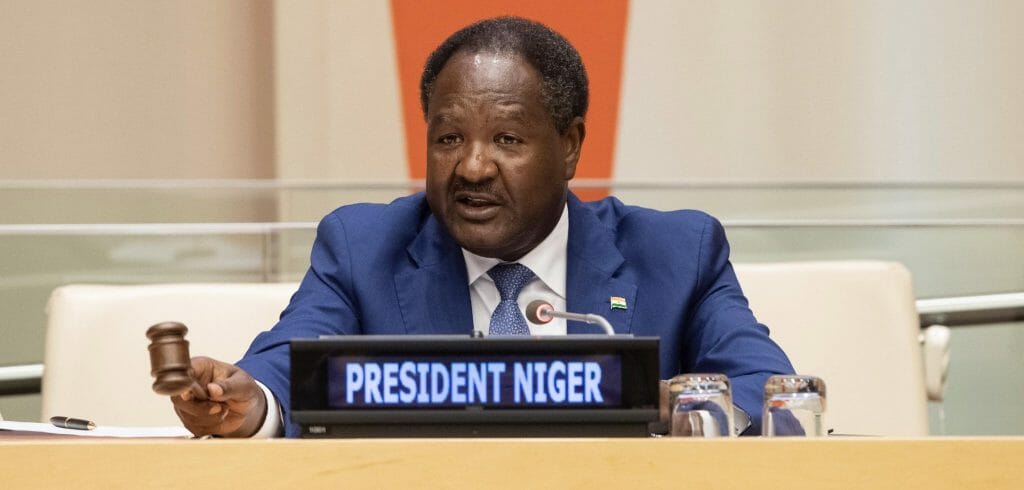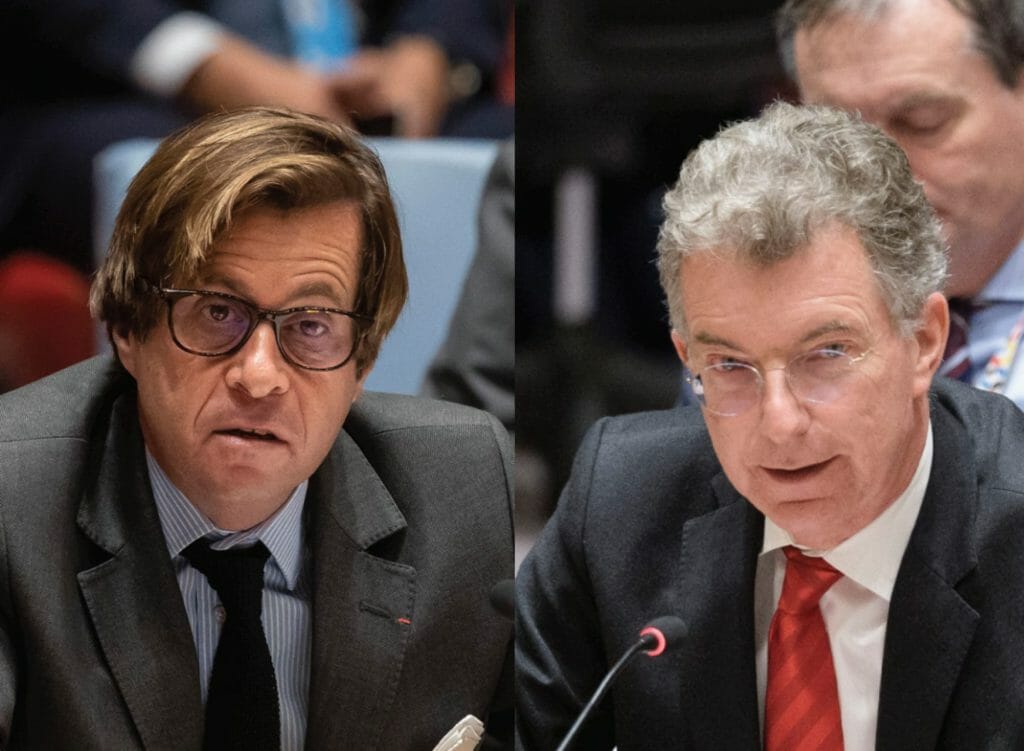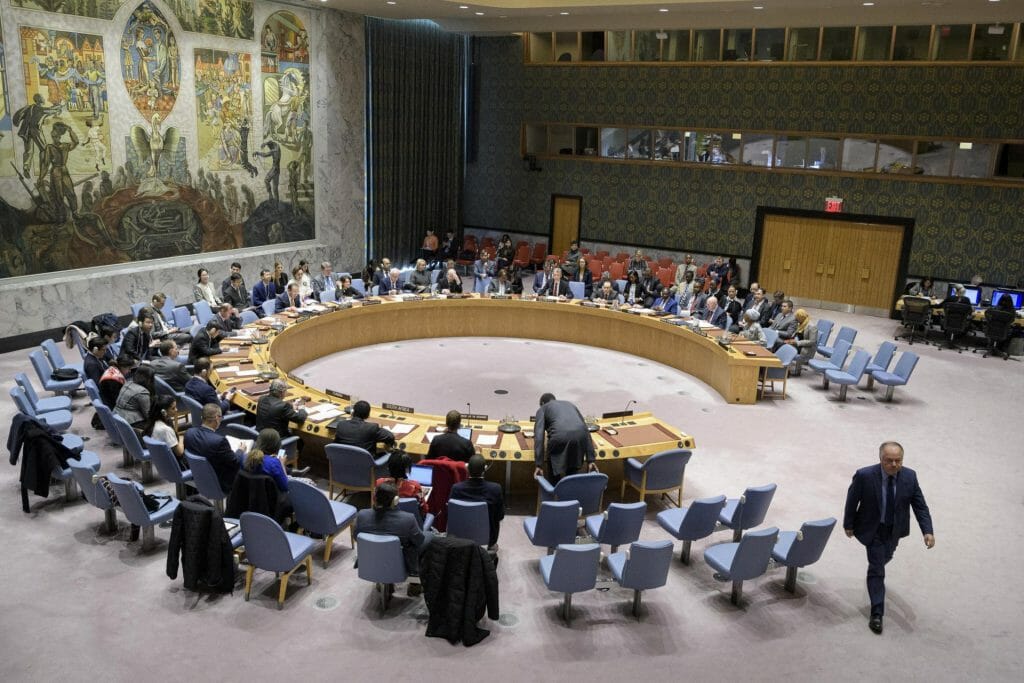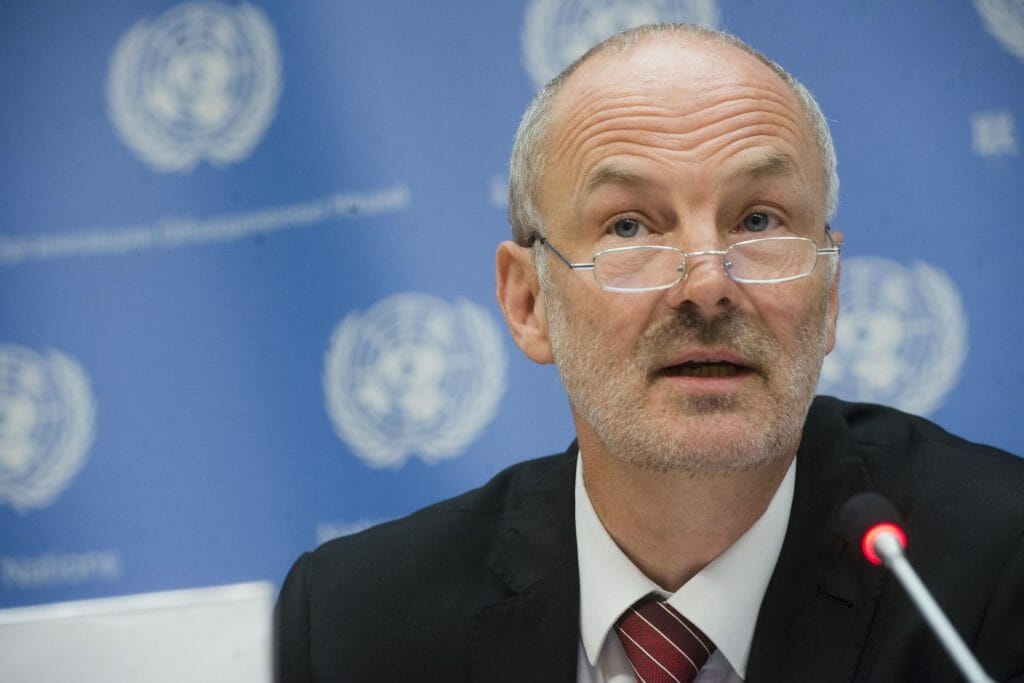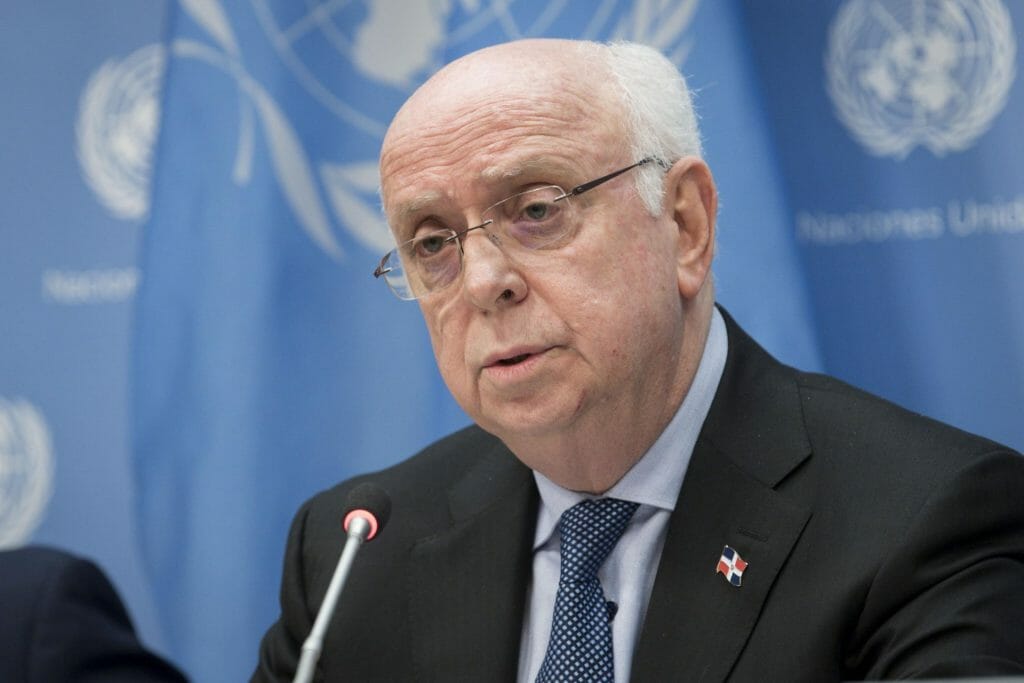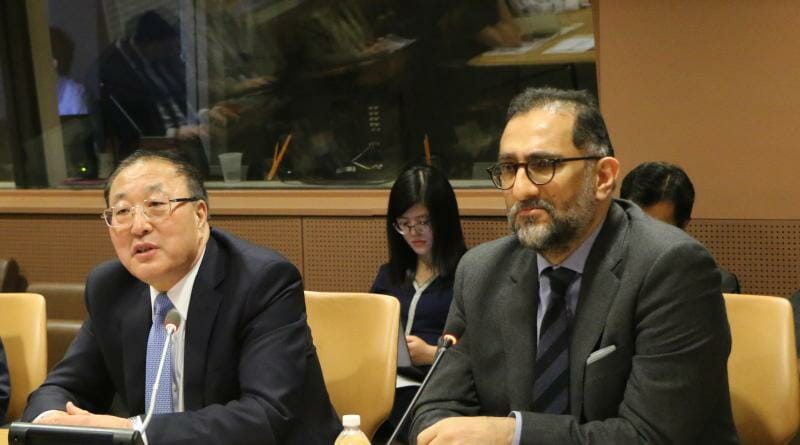On February 4th, the World Federation of United Nations Associations (WFUNA) organized the first ever UN Security Council Exit Briefing with five of the six countries leaving the Council after their two year term (2017-2018). (Please note that six countries were leaving the Council this year as Italy and the Netherlands split the 2017-2018 term).
The Briefing featured H.E. Mr. Sacha Llorenti, Permanent Representative of Bolivia; H.E. Mr. Kairat Umarov, Permanent Representative of Kazakhstan; H.E. Ms. Mariangela Zappia, Permanent Representative of Italy; H.E. Mrs. Lise Gregoire-van Haaren, Deputy Permanent Representative of the Netherlands; and H.E. Mr. Olof Skoog, Permanent Representative of Sweden. WFUNA’s Secretary-General, Mr. Bonian Golmohammadi, and Senior Peace and Security Officer, Ms. Margaret Williams, moderated the Briefing, which was attended by over 100 participants from permanent missions and civil society organizations. Additionally, 717 people watched the event live on UN Web TV.
The first of its kind in UNSC history, this Exit Briefing (#UNSCExit) presented an opportunity for the five Ambassadors to share in their country’s experience on the Council during the 2017-2018 term. Ambassadors addressed frustrations, challenges faced and successes achieved, both during their specific programmes of work, as well as during their tenure as a whole. In addition, each Ambassador also provided recommendations for incoming UNSC members, the “E10” and the Council as a whole. Country specific and thematic topics addressed ranged from mandate renewals, humanitarian access, the lifting of sanctions, and stalemates in the Council to larger shifts within and among the three pillars of the UN and what that might mean for future deliberations of the UNSC.
The floor was then opened for a packed round of questions from Permanent Missions and civil society organizations, covering topics from peace, sustainable development and human rights to mass atrocity response and prevention, regional organizations, and UN Security Council reform.




